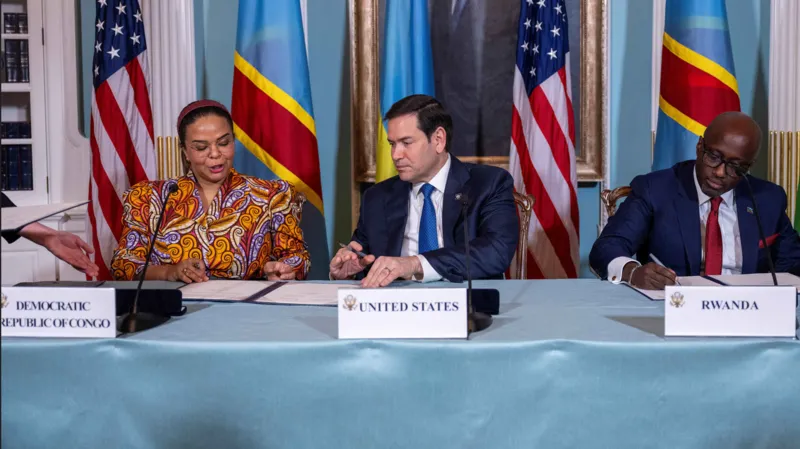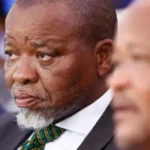In a region long plagued by conflict and tension, both the Democratic Republic of the Congo (DRC) and Rwanda have taken significant steps toward achieving peace. As of mid-October 2023, leaders from both nations have committed to finalizing a peace plan aimed at resolving longstanding disputes and fostering stability, presenting a glimmer of hope for the Great Lakes region of Africa.
The roadmap to peace follows a series of dialogues and negotiations facilitated by various stakeholders, including the African Union and the East African Community (EAC). Regional tensions have been exacerbated by pre-existing grievances, particularly surrounding the issues of armed groups and cross-border violence. The collapse of trust between the two countries has historically undermined regional stability, often leading to humanitarian crises, armed conflicts, and economic disruption.
Recent reports indicate a significant shift, with DRC President Félix Tshisekedi and Rwandan President Paul Kagame engaging in high-level discussions aimed at building confidence and brokering a peace framework. The leaders have expressed a mutual desire to end hostilities and prioritize cooperation over conflict. This renewed commitment comes amidst ongoing violence attributed to various militia groups operating in eastern DRC, including the notorious M23, which disproportionately affects civilians and has led to mass displacements.
The proposed peace plan is expected to include several key components. Firstly, it aims to establish mechanisms for demobilizing and reintegrating rebel groups, ensuring that they cease operations and transition into civilian life. Reports indicate that joint military operations may be envisaged to target armed factions threatening both sovereignty and security in the region. Expectations are high that the plan will also focus on fostering dialogue among communities affected by violence, reinforcing local governance, and establishing safe spaces for dialogue.
Analysts have noted several factors that could influence the success of this peace initiative. The involvement of international powers and organizations lends credibility to the peace talks. The United Nations, particularly through its peacekeeping missions and humanitarian assistance, has been pivotal in fostering an environment conducive to dialogue. The support of regional organizations, such as the EAC, enhances mutual accountability and underscores the importance of regional stability.
Moreover, public sentiment is increasingly leaning towards peace, with citizens from both countries advocating for an end to conflict. Grassroots movements calling for reconciliation and cooperation have gained traction, emphasizing unity over division and peace over conflict. The voices of those affected by violence carry significant weight and serve as a reminder of the urgent need for a comprehensive peace deal.
Critics, however, urge caution. While the intentions may be noble, past agreements have often faltered due to a lack of genuine commitment from either side. Distrust remains a formidable barrier, and previous ceasefires have crumbled under pressure. The timing is critical; both leaders must ensure that commitments translate into actionable strategies and sustainable solutions.
As the DRC and Rwanda prepare to finalize their peace plan, the eyes of the region and the international community will be focused closely on the outcome. The stakes are high, not only for the two nations but for the entire Great Lakes region, which has endured decades of instability and conflict stemming from these complex issues.
The forthcoming agreement will be a crucial test of political will and collaboration. If successful, it may pave the way for renewed economic prospects and a united front against communal challenges. As both countries approach this pivotal moment, the echoes of history remind us that peace requires ongoing commitment, and the journey ahead, while promising, is fraught with challenges.
All eyes will be on Kigali and Kinshasa as leaders aim for a transformative agreement that could reshape the future of millions and bring enduring peace to a troubled region.
Email Us on editorial@nnafrica.com













